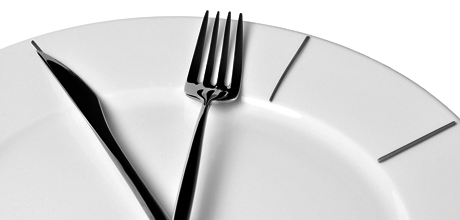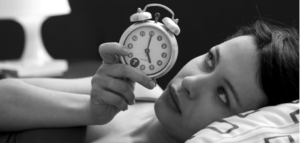
There’s nothing worse than reaching for your alarm and wondering how morning has arrived so quickly! A night of tossing and turning is never fun, but good sleep is built on healthy habits that you can implement throughout the day.
Increase light exposure:
Natural light regulates your body clock, signalling went to wake up and went to feel sleepy. Maximising morning light exposure helps set your bodies and rhythm and can promote a more restful sleep at night.
Limit evening screen time:
Many of us love watching a TV series in the evening but tried to stick to one episode per night. The blue light emitted from screens is known to suppress melatonin production – and this hormone is crucial for regulating our sleep. Plus, limiting your screen time minimise his mental stimulation before bed, allowing for a longer sleep.
Avoid late-night snacking:
Eating a heavy meal within a few hours of going to bed releases energy during the night when your body doesn’t need it, causing sleep disruption and increased snoring. Have a light to evening meal at least three hours before bed to prime yourself for a good night’s rest. If you’re still hungry, a light snack before bed won’t do any harm – Bananas are particularly safe bet, as they are rich in potassium and magnesium, both of which are known to promote muscle relaxation.
Reflect and unwind:
Journalling or spending time with your thoughts is a helpful way to close off the day before sleep. Writing down what’s on your mind helps you let go of any worries that could otherwise disturb your sleep. Studies have shown that writing a to-do list can help people fall asleep faster, and it’s a great way to empty your mind.
Put the hours in:
The amount of sleep we need varies from person to person. However, if you’re consistently struggling with morning tiredness, this may indicate you’re not getting enough sleep. Tracking your sleep with an app, or keeping a written sleep journal, can help you discover more about your sleep patterns and encourage you to go to bed earlier.


